Humanity’s ‘spiral of self-destruction’ to cause 560 disasters every year by 2030: UN
The United Nations has warned that humanity’s future is looking increasingly bleak, spurring people into activities and behaviors that cause climate change and a surge in disasters around the globe.
In its latest report, the UN Office for Disaster Risk Reduction (UNDRR) found that between 350 to 500 medium to large-scale disasters took place globally every year over the past two decades – five times more than the average during the three previous decades.
The report warned that by 2030, the world will be experiencing 560 disasters every year – or 1.5 disasters every day on average.
In a statement, UNDRR said the sharp rise in disasters globally could be attributed to a “broken perception of risk based on optimism, underestimation and invincibility”, which it added has led to policy, finance, and development decisions that exacerbate vulnerabilities and put people in danger.
UN Deputy Secretary-General Amina Mohammed in the statement said ignoring the towering risks “is setting humanity on a spiral of self-destruction”.
Amid the changing climate, a surge in the number of disasters around the globe is expected to occur even more frequently, the report noted, adding that these disasters around the world have cost roughly $170 billion each year over the past decade.
The report comes ahead of a global disaster forum on the Indonesian island of Bali next month.
It points out that low-income countries are the most vulnerable to disasters and lose on average 1 percent of their national GDP to disasters each year.
The number is even higher in Asia-Pacific countries with a 1.6% annual GDP dent, compared to 0.1 to 0.2 percent in high-income countries.
It warned that climate change and disasters will leave 37.6 million people worldwide in conditions of extreme poverty by 2030.
“Disasters can be prevented, but only if countries invest the time and resources to understand and reduce their risks,” UNDRR chief Mami Mizutori stressed in the statement.
“Raising the alarm by speaking the truth is not only necessary but crucial,” she stressed, adding that it is “less costly to take action before a disaster devastates than to wait until destruction is done and respond after it has happened."
However, she warned, “by deliberately ignoring risk and failing to integrate it in decision making, the world is effectively bankrolling its own destruction”.
Qalibaf: Recent unrest a 'complementary link' in 12-day war against Iran
Ex-Israeli war minister: Iranian missiles inflicted heavy losses
Trump launches 'Board of Peace' seen as bid to control Gaza
Senior general vows swift response to any aggression on Iran
US federal immigration agents detain 5-year-old boy in Minnesota
Trump used presidency to pocket $1.4 billion in first year back in office: Report
EU divided over new Iran sanctions
China hits US with economic counteroffensive after Maduro’s abduction: Report


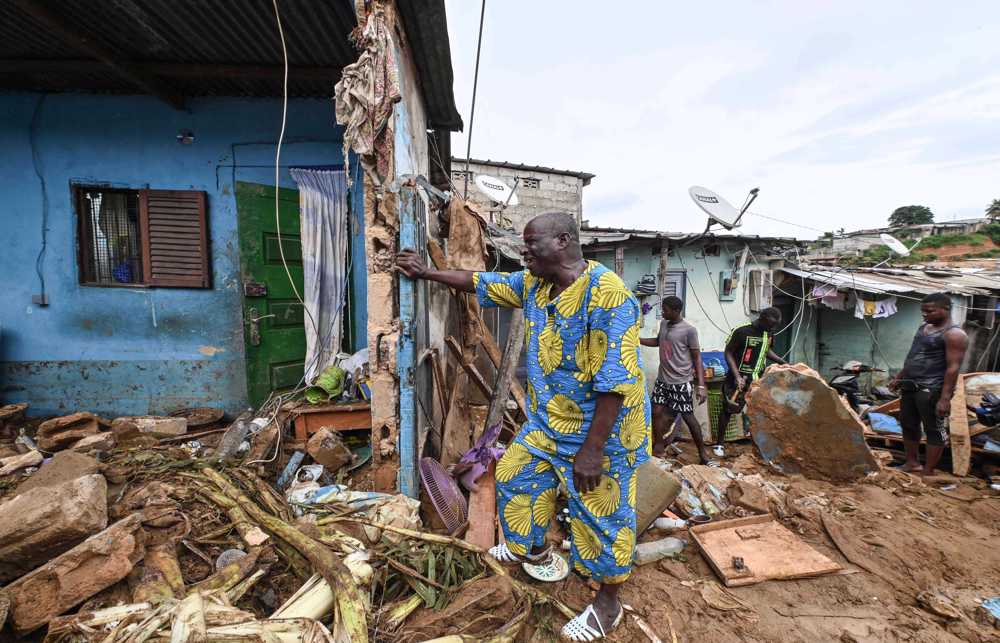
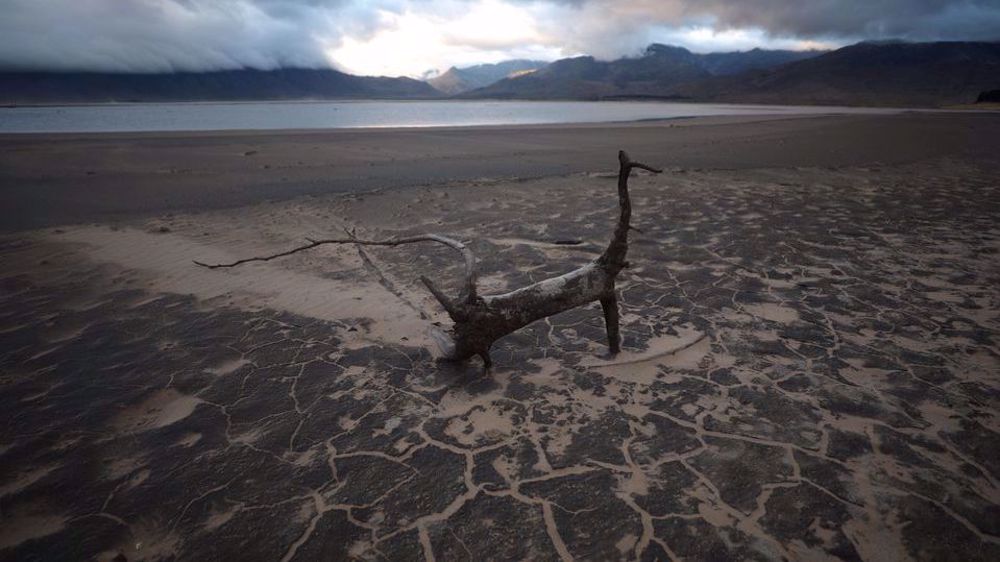


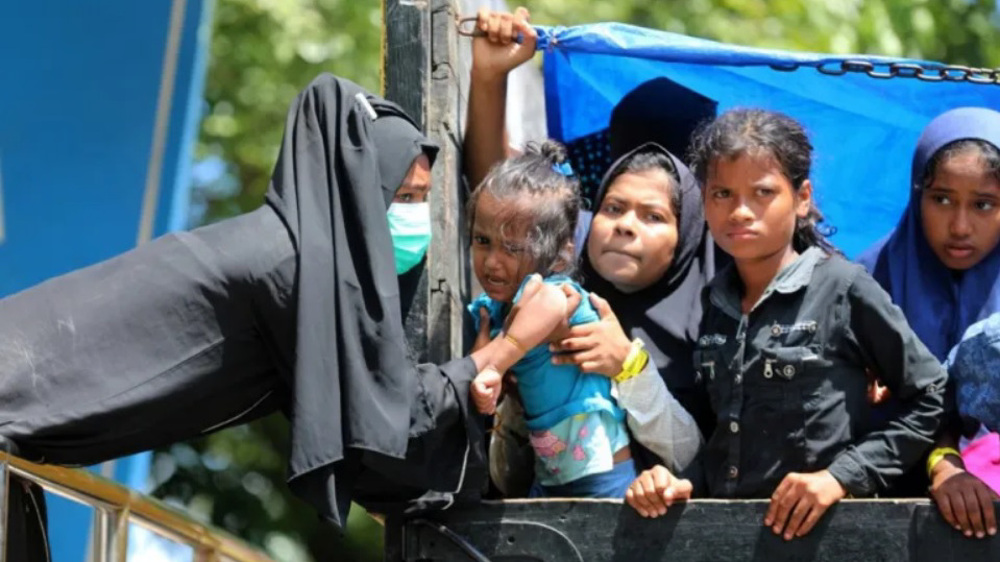



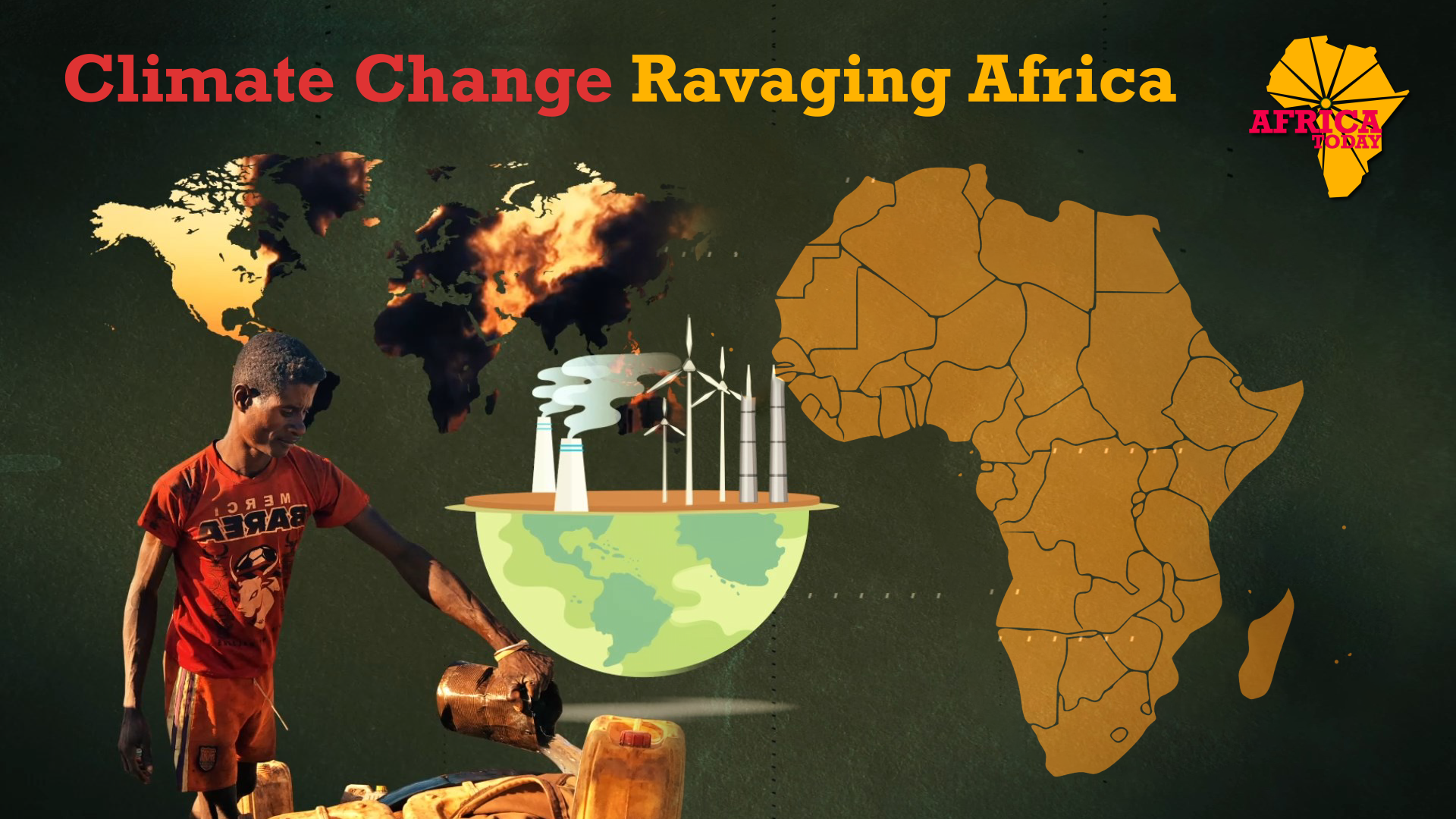
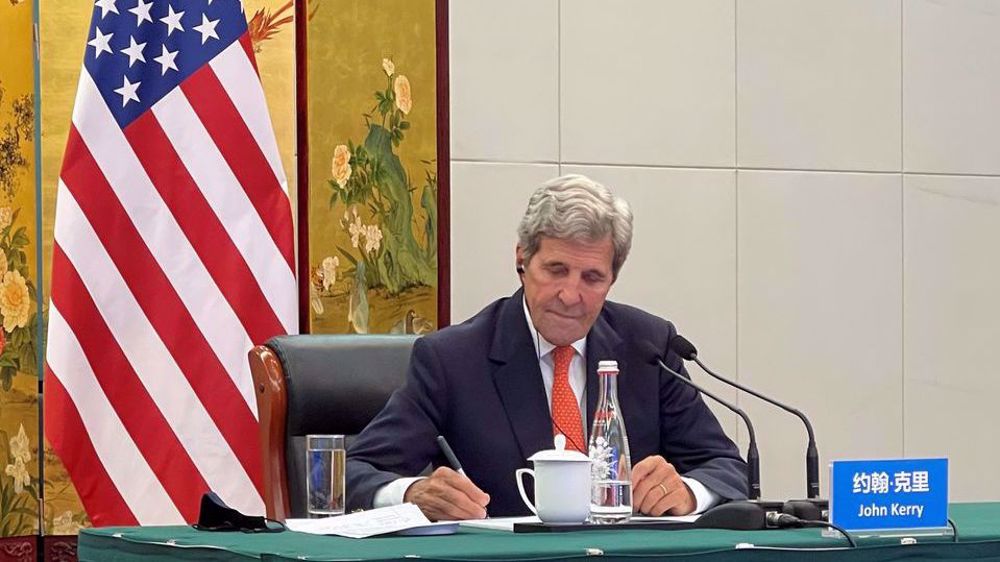
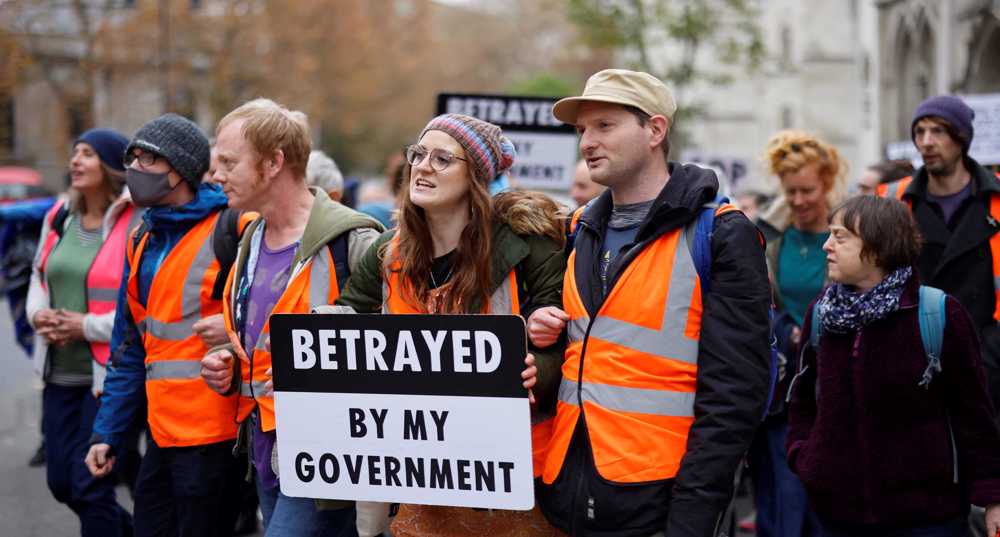
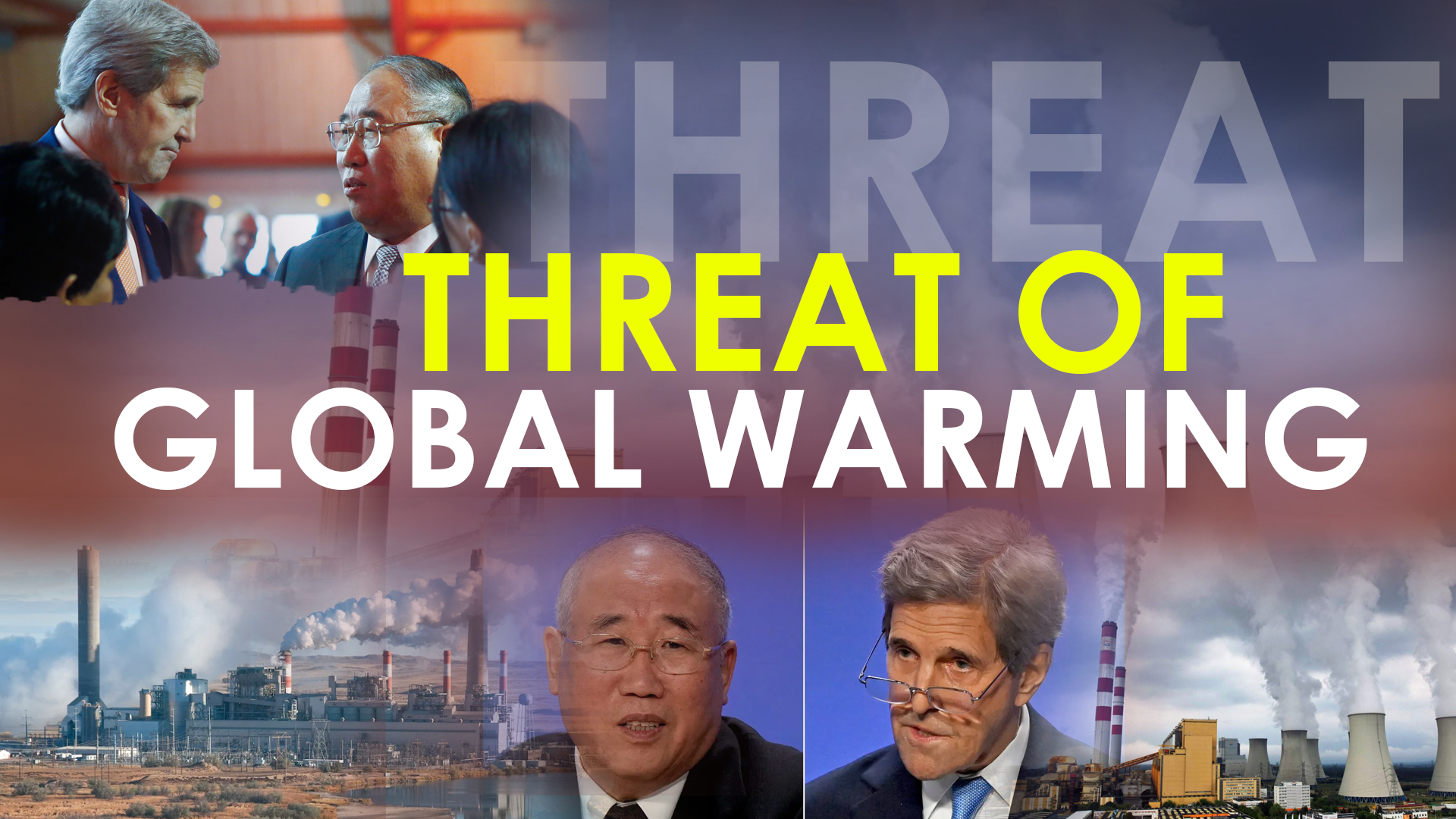

 This makes it easy to access the Press TV website
This makes it easy to access the Press TV website